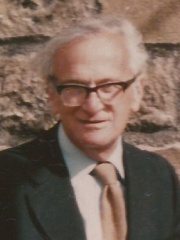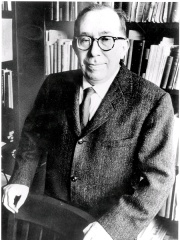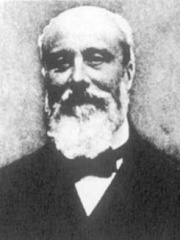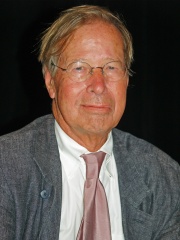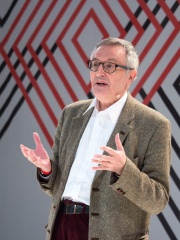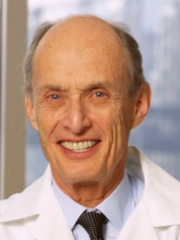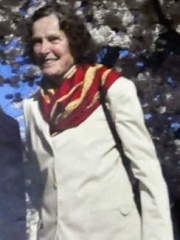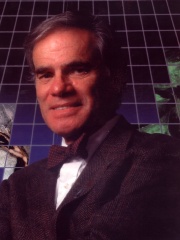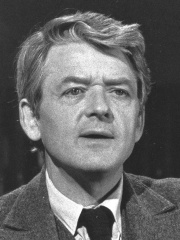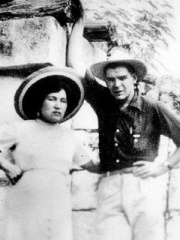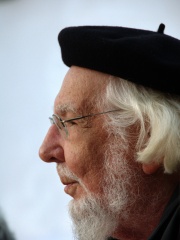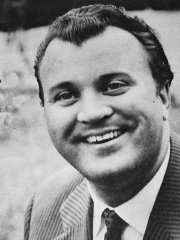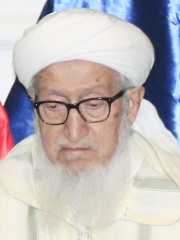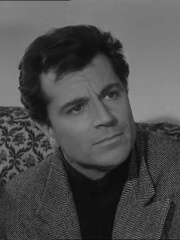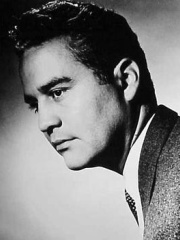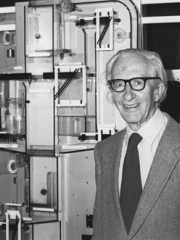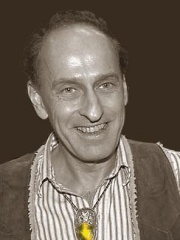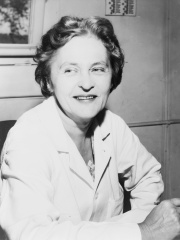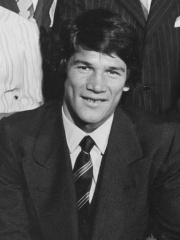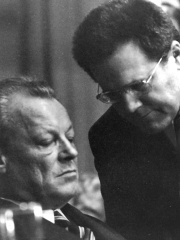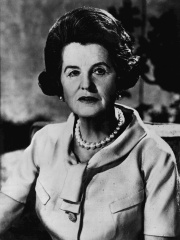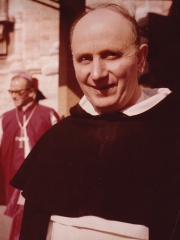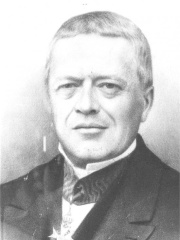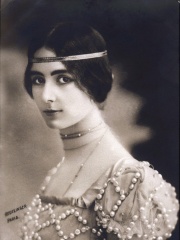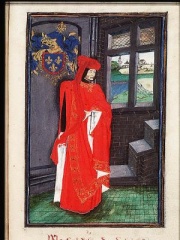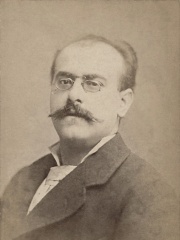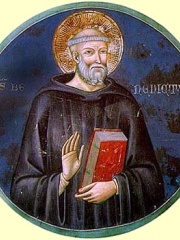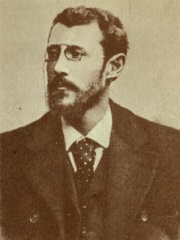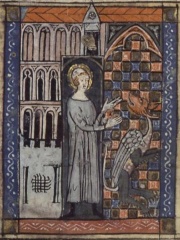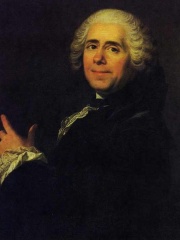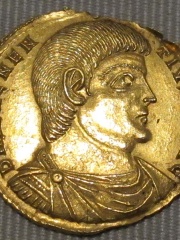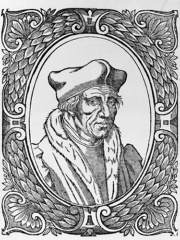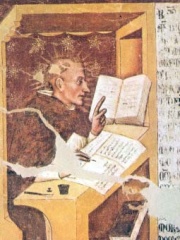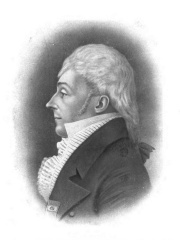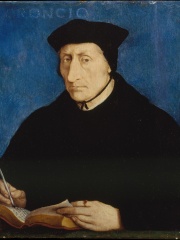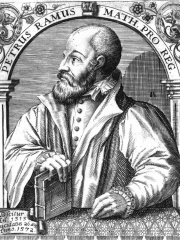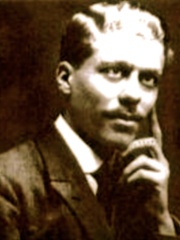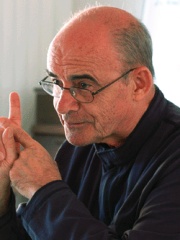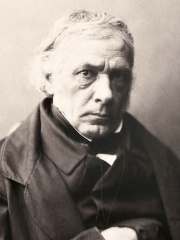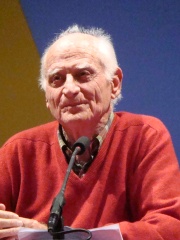Philosopher
Ernest Gellner
1925 - 1995
EN.WIKIPEDIA PAGE VIEWS (PV)
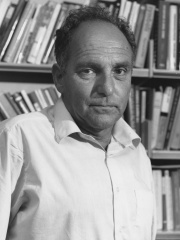
 Ernest Gellner
Ernest Gellner
His biography is available in 38 different languages on Wikipedia. Ernest Gellner is the 482nd most popular philosopher (down from 437th in 2024), the 1,394th most popular biography from France (down from 1,295th in 2019) and the 64th most popular French Philosopher.
Ernest Gellner is most famous for being a scholar of nationalism and for his contributions to the theory of modernization.
Memorability Metrics
Page views of Ernest Gellner by language
Among Philosophers
Among philosophers, Ernest Gellner ranks 482 out of 1,267. Before him are H. L. A. Hart, Porcia, Gaius Musonius Rufus, Philodemus, Giovanni Girolamo Saccheri, and Michel de Certeau. After him are Leo Strauss, Pierre Duhem, Ronald Dworkin, Dicaearchus, John Gray, and Zengzi.
Most Popular Philosophers in Wikipedia
Go to all RankingsH. L. A. Hart
1907 - 1992
HPI: 66.86
Rank: 476
Porcia
100 BC - 42 BC
HPI: 66.81
Rank: 477
Gaius Musonius Rufus
25 - 95
HPI: 66.81
Rank: 478
Philodemus
110 BC - 35 BC
HPI: 66.78
Rank: 479
Giovanni Girolamo Saccheri
1667 - 1733
HPI: 66.77
Rank: 480
Michel de Certeau
1925 - 1986
HPI: 66.75
Rank: 481
Ernest Gellner
1925 - 1995
HPI: 66.75
Rank: 482
Leo Strauss
1899 - 1973
HPI: 66.74
Rank: 483
Pierre Duhem
1861 - 1916
HPI: 66.74
Rank: 484
Ronald Dworkin
1931 - 2013
HPI: 66.73
Rank: 485
Dicaearchus
350 BC - 290 BC
HPI: 66.73
Rank: 486
John Gray
1948 - Present
HPI: 66.69
Rank: 487
Zengzi
504 BC - 435 BC
HPI: 66.68
Rank: 488
Contemporaries
Among people born in 1925, Ernest Gellner ranks 91. Before him are Paul Greengard, Princess Regina of Saxe-Meiningen, Martin Rodbell, Hal Holbrook, Hilda Gadea, and Michel de Certeau. After him are Ernesto Cardenal, Nicolai Gedda, Sibghatullah Mojaddedi, Toshio Iwatani, Gabriele Ferzetti, and Charles Chaplin Jr.. Among people deceased in 1995, Ernest Gellner ranks 59. Before him are César Rodríguez Álvarez, James Meade, Roger Zelazny, Mária Telkes, Rory Gallagher, and John Vincent Atanasoff. After him are Krešimir Ćosić, Carlos Monzón, Günter Guillaume, Rose Kennedy, Yves Congar, and Masashi Watanabe.
Others Born in 1925
Go to all RankingsPaul Greengard
BIOLOGIST
1925 - 2019
HPI: 67.28
Rank: 85
Princess Regina of Saxe-Meiningen
POLITICIAN
1925 - 2010
HPI: 67.27
Rank: 86
Martin Rodbell
CHEMIST
1925 - 1998
HPI: 67.25
Rank: 87
Hal Holbrook
ACTOR
1925 - 2021
HPI: 67.17
Rank: 88
Hilda Gadea
SOCIAL ACTIVIST
1925 - 1974
HPI: 67.06
Rank: 89
Michel de Certeau
PHILOSOPHER
1925 - 1986
HPI: 66.75
Rank: 90
Ernest Gellner
PHILOSOPHER
1925 - 1995
HPI: 66.75
Rank: 91
Ernesto Cardenal
POLITICIAN
1925 - 2020
HPI: 66.74
Rank: 92
Nicolai Gedda
SINGER
1925 - 2017
HPI: 66.36
Rank: 93
Sibghatullah Mojaddedi
POLITICIAN
1925 - 2019
HPI: 66.34
Rank: 94
Toshio Iwatani
SOCCER PLAYER
1925 - 1970
HPI: 66.31
Rank: 95
Gabriele Ferzetti
ACTOR
1925 - 2015
HPI: 66.22
Rank: 96
Charles Chaplin Jr.
ACTOR
1925 - 1968
HPI: 66.21
Rank: 97
Others Deceased in 1995
Go to all RankingsCésar Rodríguez Álvarez
COACH
1920 - 1995
HPI: 67.71
Rank: 53
James Meade
ECONOMIST
1907 - 1995
HPI: 67.62
Rank: 54
Roger Zelazny
WRITER
1937 - 1995
HPI: 67.47
Rank: 55
Mária Telkes
CHEMIST
1900 - 1995
HPI: 67.44
Rank: 56
Rory Gallagher
MUSICIAN
1948 - 1995
HPI: 67.26
Rank: 57
John Vincent Atanasoff
PHYSICIST
1903 - 1995
HPI: 67.21
Rank: 58
Ernest Gellner
PHILOSOPHER
1925 - 1995
HPI: 66.75
Rank: 59
Krešimir Ćosić
BASKETBALL PLAYER
1948 - 1995
HPI: 66.35
Rank: 60
Carlos Monzón
BOXER
1942 - 1995
HPI: 66.33
Rank: 61
Günter Guillaume
RELIGIOUS FIGURE
1927 - 1995
HPI: 65.89
Rank: 62
Rose Kennedy
RELIGIOUS FIGURE
1890 - 1995
HPI: 65.68
Rank: 63
Yves Congar
RELIGIOUS FIGURE
1904 - 1995
HPI: 65.56
Rank: 64
Masashi Watanabe
SOCCER PLAYER
1936 - 1995
HPI: 65.46
Rank: 65
In France
Among people born in France, Ernest Gellner ranks 1,394 out of NaN. Before him are Antoine Augustin Cournot (1801), Cléo de Mérode (1875), Jean II, Duke of Alençon (1409), Léo Taxil (1854), Benedict of Aniane (750), and Michel de Certeau (1925). After him are Michel Verne (1861), Amandus (600), Pierre Duhem (1861), Arnulf of Metz (582), Pierre de Marivaux (1688), and Magnentius (303).
Others born in France
Go to all RankingsAntoine Augustin Cournot
MATHEMATICIAN
1801 - 1877
HPI: 66.77
Rank: 1,388
Cléo de Mérode
ACTOR
1875 - 1966
HPI: 66.77
Rank: 1,389
Jean II, Duke of Alençon
EXTREMIST
1409 - 1476
HPI: 66.76
Rank: 1,390
Léo Taxil
WRITER
1854 - 1907
HPI: 66.76
Rank: 1,391
Benedict of Aniane
RELIGIOUS FIGURE
750 - 821
HPI: 66.75
Rank: 1,392
Michel de Certeau
PHILOSOPHER
1925 - 1986
HPI: 66.75
Rank: 1,393
Ernest Gellner
PHILOSOPHER
1925 - 1995
HPI: 66.75
Rank: 1,394
Michel Verne
WRITER
1861 - 1925
HPI: 66.75
Rank: 1,395
Amandus
RELIGIOUS FIGURE
600 - 676
HPI: 66.75
Rank: 1,396
Pierre Duhem
PHILOSOPHER
1861 - 1916
HPI: 66.74
Rank: 1,397
Arnulf of Metz
RELIGIOUS FIGURE
582 - 641
HPI: 66.74
Rank: 1,398
Pierre de Marivaux
WRITER
1688 - 1763
HPI: 66.74
Rank: 1,399
Magnentius
POLITICIAN
303 - 353
HPI: 66.74
Rank: 1,400
Among Philosophers In France
Among philosophers born in France, Ernest Gellner ranks 64. Before him are Jacques Lefèvre d'Étaples (1460), Alain de Lille (1117), Vincent of Beauvais (1190), Maine de Biran (1766), Guillaume Budé (1467), and Michel de Certeau (1925). After him are Pierre Duhem (1861), Petrus Ramus (1515), Emmanuel Mounier (1905), Jean-Luc Nancy (1940), Victor Cousin (1792), and Michel Serres (1930).
Jacques Lefèvre d'Étaples
1460 - 1537
HPI: 67.57
Rank: 58
Alain de Lille
1117 - 1202
HPI: 67.19
Rank: 59
Vincent of Beauvais
1190 - 1264
HPI: 67.14
Rank: 60
Maine de Biran
1766 - 1824
HPI: 66.98
Rank: 61
Guillaume Budé
1467 - 1540
HPI: 66.92
Rank: 62
Michel de Certeau
1925 - 1986
HPI: 66.75
Rank: 63
Ernest Gellner
1925 - 1995
HPI: 66.75
Rank: 64
Pierre Duhem
1861 - 1916
HPI: 66.74
Rank: 65
Petrus Ramus
1515 - 1572
HPI: 66.62
Rank: 66
Emmanuel Mounier
1905 - 1950
HPI: 66.60
Rank: 67
Jean-Luc Nancy
1940 - 2021
HPI: 66.35
Rank: 68
Victor Cousin
1792 - 1867
HPI: 66.29
Rank: 69
Michel Serres
1930 - 2019
HPI: 65.90
Rank: 70
